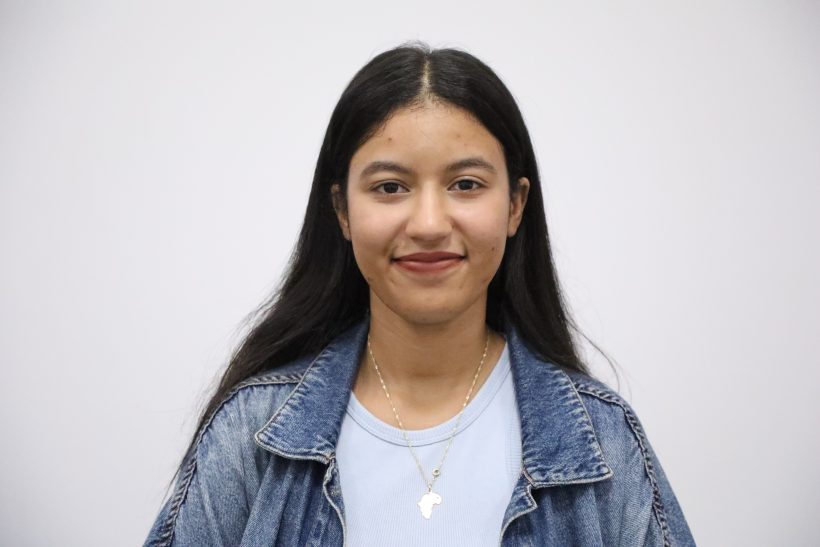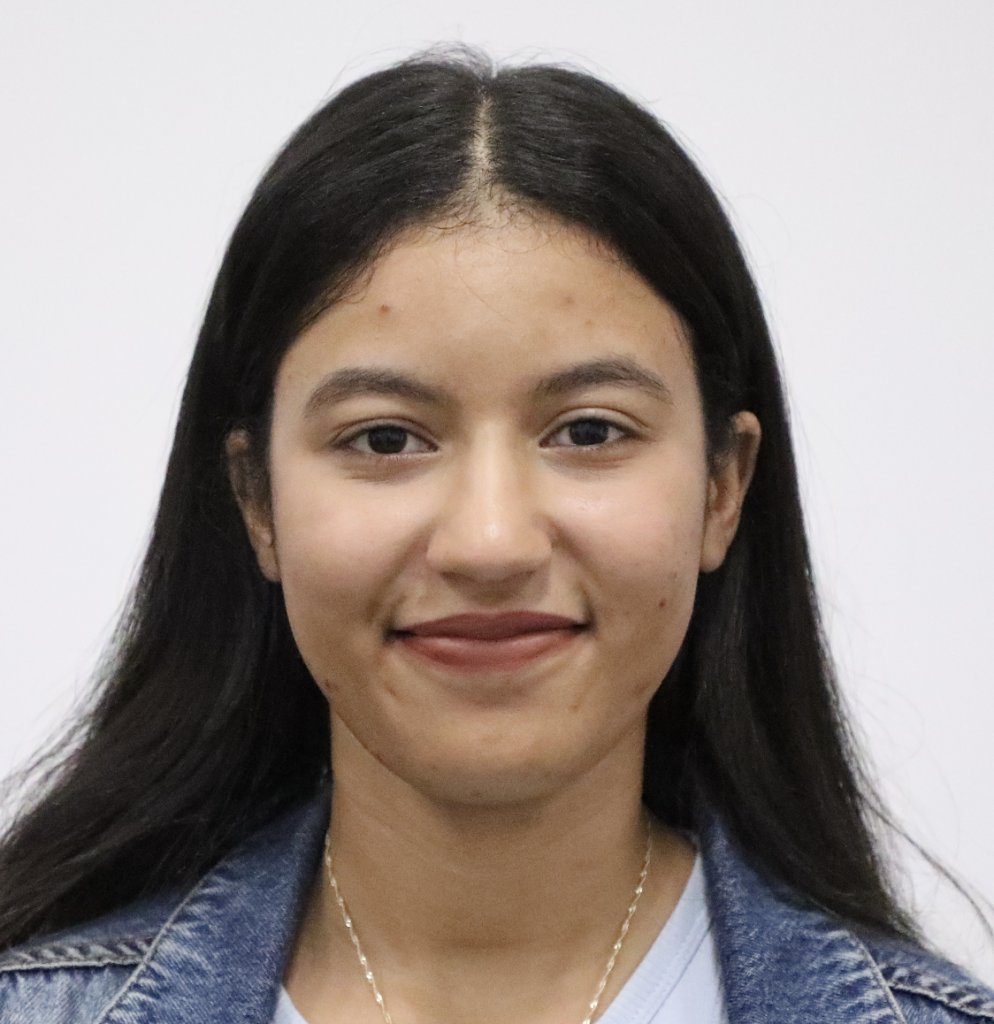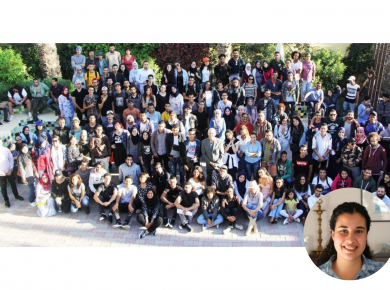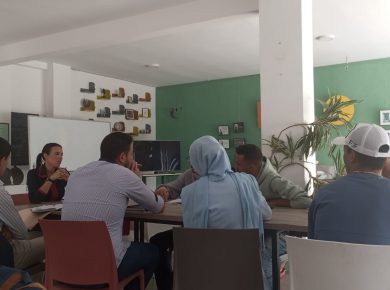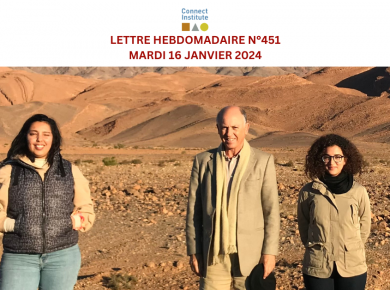Pour l’exercice de rédaction de cette semaine, les participants MAHIR ont été invité à étudier l’article du New York Times “Americans Are Losing Faith in the Value of College. Whose Fault Is That ?” et de rédiger leur réflexion sur le sujet.
Découvrez ce que la participante Kaoutar Moustaid, 26 ans, a rédigé :
In the article “Americans Are Losing Faith in the Value of College. Whose Fault Is That?” It discusses how in the United States over the past decade, there has been a noticeable shift in attitudes towards higher education. People’s perceptions have shifted from optimism to skepticism during this time frame. Factors such as rising college costs, increasing student debt burdens, and concerns about political bias on campuses have contributed to this change.
While there is still a strong demand for college-educated workers, the financial benefits of higher education have become more uncertain, particularly for those pursuing degrees in fields with lower earning potential. This shift in perception has broader economic implications and raises questions about the value and accessibility of higher education in the modern landscape.
In Morocco, we are gradually recognizing the value of higher education. However, the Moroccan educational system faces unique challenges, which have led Moroccans to lose faith in the value of higher education for various reasons. University institutions are often overcrowded, resulting in a high dropout rate, and student support is lacking. Additionally, inequalities persist.
This situation raises concerns about the professional future of graduates and questions the ability of Moroccan universities to meet the demands of the job market and the country’s development.
According to the High Commission for Planning (HCP), unemployment affects 3.3% of individuals with no diplomas, compared to 16.7% of graduates. Some continue to search for job opportunities, while others are forced to accept positions below their level of graduation. Young graduates are not adequately prepared for the job market due to gaps and the mismatch of skills taught compared to market needs. This situation raises concerns about the overall quality of education in the country.
In Morocco, social inequalities in educational access are pronounced, with the elite easily affording quality education for their children, while disadvantaged families struggle to finance long term schooling. Additionally, middle class families are facing increasing challenges in accessing high-quality educational institutions due to systemic disparities.
Moreover, there is a noticeable gap between higher education and its quality. I can personally attest to this, having spent three years at a public university. On the other hand, and after spending only five weeks at Mahir Center at UM6P, I clearly sensed the difference in the quality of education. These disparities not only affect individuals but also create an imbalance in our society.
Personally, I see that having access to a good quality education and regaining strong faith in our educational system is crucial for us as young Moroccans; it enhances our commitment to contribute to the future of our country.
